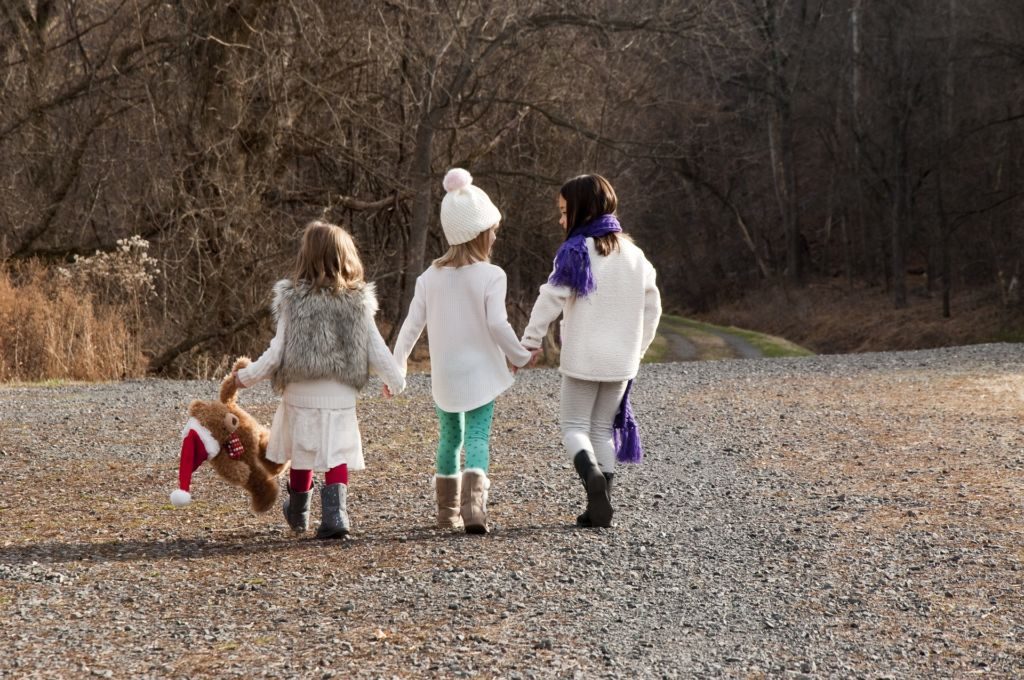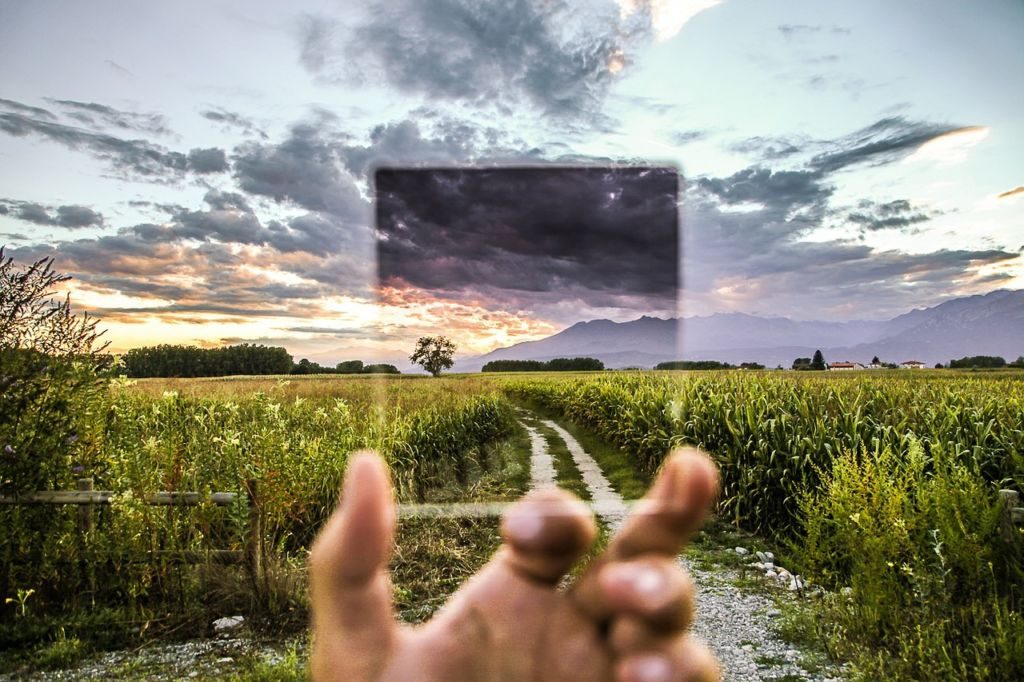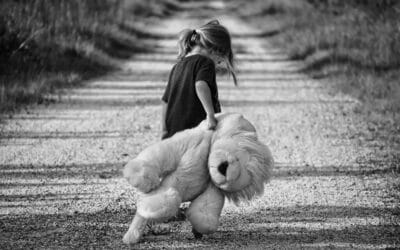Part three in an exploration of self-image, projection, and the ego-defences we use to preserve our sense of self. Read Part One Projecting Rejection and Part Two Memory — The Self as an Unreliable Narrator now.
Growing up, I never quite fit in. I was the annoying little sister, dragged up, trying too hard to be like her older, cooler sisters, who seemed to just know things, like what to talk about, what clothes to wear, which bands to swoon over.
In the schoolyard, I was the dork who didn’t know how to join the group. I wore the wrong clothes and was into the wrong things. I preferred playing make-believe away from the hordes playing chasey or elastics. Then in high school, I was the weirdo who cried all the time, who wore her hair and makeup all wrong. The more I tried the more obvious it became I didn’t fit in.

Even at uni, my peers seemingly arrived in ready-made cliques, and I didn’t identify with any of them. I hadn’t gone to the right school. I wasn’t straight enough nor queer enough, I wasn’t feminist enough nor quite Bolshevist.
Later, as a writer, I wasn’t hipster enough, but I wasn’t mainstream either. I seemed to be missing that something real ‘Writers’ oozed.
Now, as a practising therapist, I worry I don’t have the right something I see in other therapists. No matter how many people I help, or how many referrals I receive, I struggle to put myself forward, to hand my business card confidently to a GP and say, ‘I can help your patients with this…’
This sense that I’m not enough even seeps into my hobbies. At dance classes, I don’t do the right moves, wear the right brands, have the right body type. I feel awkward and judged.

To compensate, I set myself unrealistic and unrelenting standards. If I can just achieve more, perhaps I will feel worthy, and it will somehow validate who I am. It’s only ever a temporary balm though. The higher I climb, the further I have to fall.
Yet my mother will tell you growing up I always had friends, wonderfully close ones. I did well at school (which was anathema in the 90s Mediocracy) and immersed myself in so many extracurricular projects I didn’t have time to feel lonely. I had my own interests and tastes and eventually came to accept my own style. I wasn’t interested in what the popular kids were into, and to be honest, I didn’t particularly like them.
These days I feel mostly okay about myself, accepting parts I used to despise. I own my tastes and style and can turn up wearing the ‘wrong’ thing without feeling shredded inside. I have wonderful friends, and I have found many places where I belong, where I have been moderately successful, and have lived life on my terms.
I have built a castle to house my accepted self: a writer (of sorts), a dancer (in my own fashion), a friend (not ‘popular’ but genuinely accepted), a lover, a partner, a therapist, confident in her tastes and style, content in her imperfect skin.
But then something happens. I need to step up. I must put myself forward. Someone else takes the spotlight, forcing me into the shadows. Foundations rumble, fragile, threatening to topple beneath me until I fall.
My mask ripped away. I am exposed.
There stands that awkward little girl, looking on from the sidelines, wearing the wrong outfit, longing to belong.
I want to scream, don’t look at her, don’t see me!
Don’t see her flaws, the fundamental ways she is damaged, all the reasons she doesn’t fit in!

How have I carried this with me for so many years, letting it colour every arena of my life?
Objectively, I have wonderful friends, and I have been relatively successful, yet I hamstring myself all the time. I hold back from pitching articles, I don’t apply for that next career step, and struggle to promote myself. In class, I am vigilant for signs I am still and always the dork in the corner. Even if I feel temporarily accepted, before long I fear they will discover who I really am, and I’ll be on the outer once more.
It’s like I walk around wearing a filter that seeks to confirm what I already ‘know’ to be true: I don’t fit in. I assume people will find me awkward and unapproachable, and so they do. I expect to be rejected, and so I am. I have typecast myself.
It’s a role that stops me striking up conversations with people, that leaves me seeking external validation, clinging to every elephant stamp, yet simultaneously muffles and hides the very validation I seek.
It is confirmation bias, applied to me.

Confirmation bias is the process we use (unconsciously) to sift and filter the information we encounter. It reduces cognitive dissonance by allowing us to focus on and prioritise data that affirms our beliefs while skipping over and deprioritising information that contradicts them.
We see this in the way an anti-vaxxer gives credence to an article which supports their position that vaccines are unsafe while discrediting contradictory evidence: the scientist is biased, in the pockets of Big Pharma, the data cherry-picked, and so on. And it works both ways: the scientist may dismiss legitimate scepticism of their work as belonging to uneducated conspiracy-theorists. In this way, neither is forced to consider data that may shake their worldview — or their view of themselves.
We apply this same bias to ourselves and our interactions. For example, if we see ourselves as kind or trustworthy, we pay greater attention to those times we gave generously or behaved honestly, and smudge over, minimise and justify the times we were selfish or mean. Our bias works to preserve our self-image (I’ll be talking more on this type of bias in a future post).

Similarly, we prioritise evidence that confirms negative beliefs about ourselves. For example, that we are flawed, that others leave us out, that they abandon and reject us, and deprioritise (and filter out) information which contradicts this, such as all those times we were valued and included.
In this context, my filter (bias), makes perfect sense. From my earliest years, I was an outcast, different from my sisters, my peers, socially awkward, lost in my imagination, where most of my playmates were active and extroverted. I started school young, and while I had the intelligence to excel academically, I was emotionally immature. The youngest in my extended family and neighbourhood, I was the baby and I was babied.
As my partner recently pointed out, when I look back at childhood interactions with shame, it was for pretty normal kid-stuff. I just had nothing to compare myself to, so I compared myself to older, cooler kids, who wanted nothing to do with me.

Perhaps this is where the belief was formed, and filtering began. Yet I know it is only part of the picture. Something deeper lies beneath. A sense that I am not simply uncool but flawed at my very core. All the walls I have built around me, the towers of accomplishment, the validation each elephant stamp covers up, can’t disguise the ugliness that lies beneath. And it is when that ugliness gets exposed that I will lose even those dearest to me.
I know my fear of rejection colours my interactions. I project expectations onto others and edge them towards fulfilling an unacknowledged prophecy. Perhaps because it’s more comfortable here, hiding behind the rejection, on the outer, looking in. Once they reject me, there is nowhere further to fall. I don’t have to fear being exposed.
I am starting to recognise my filters and unconscious bias, however. Wearing alternative lenses, I can pull myself up and try to see events and interactions from different perspectives. My partner helps. He will say to me, did you even hear when that person complimented you, or did you only hear the part where they praised your peers?
Bringing awareness to my filters, I hope to combat my confirmation bias, and with it, alter my biased point of view. And by acknowledging that bias with compassion instead of shame, I hope to create a safe way to sit with the pain and accept the flawed me underneath. Because if I accept me, what does it matter whether I’m ‘enough’ compared to anyone else? I know I’ll be okay.
Rhonda xx



